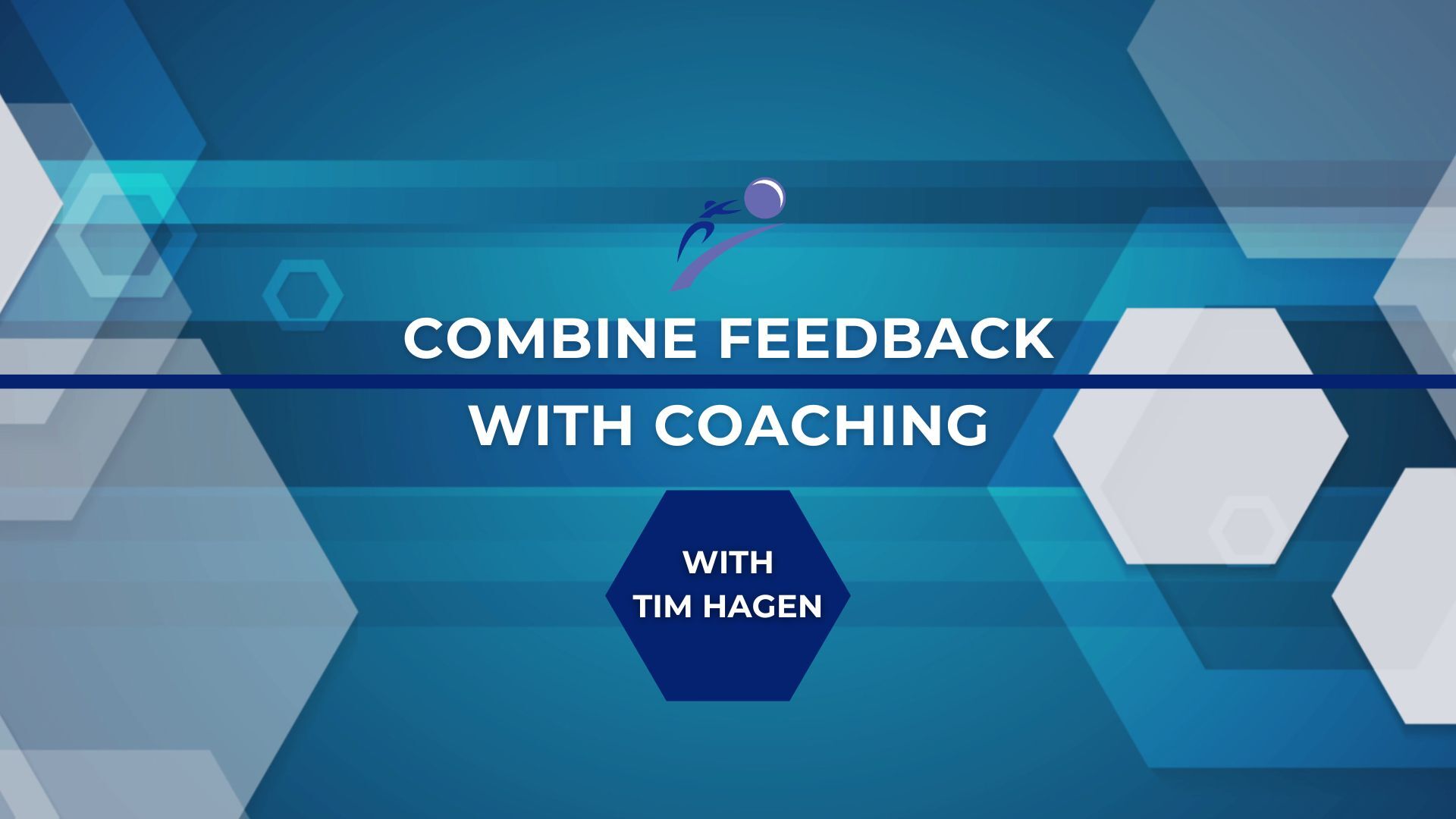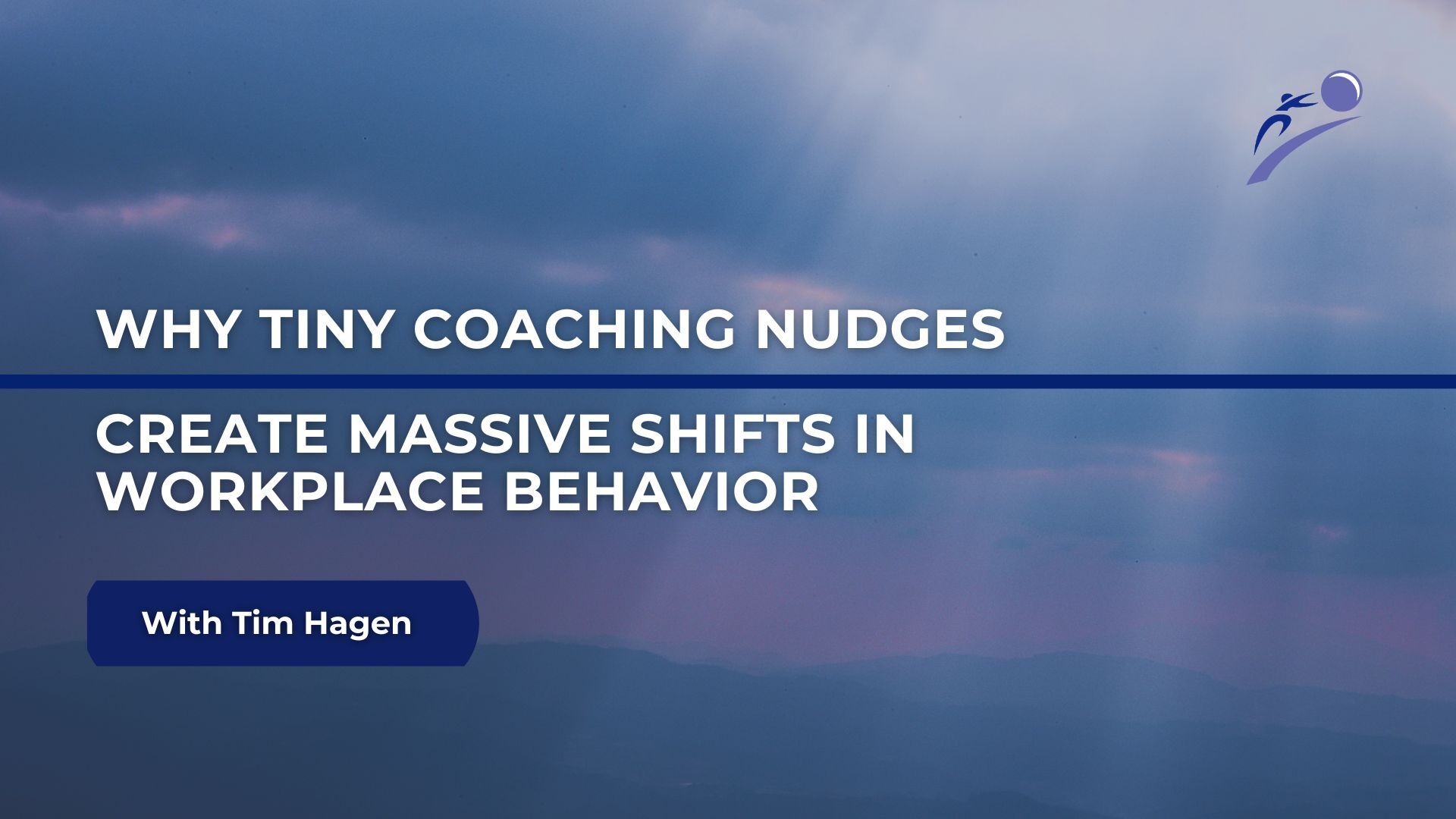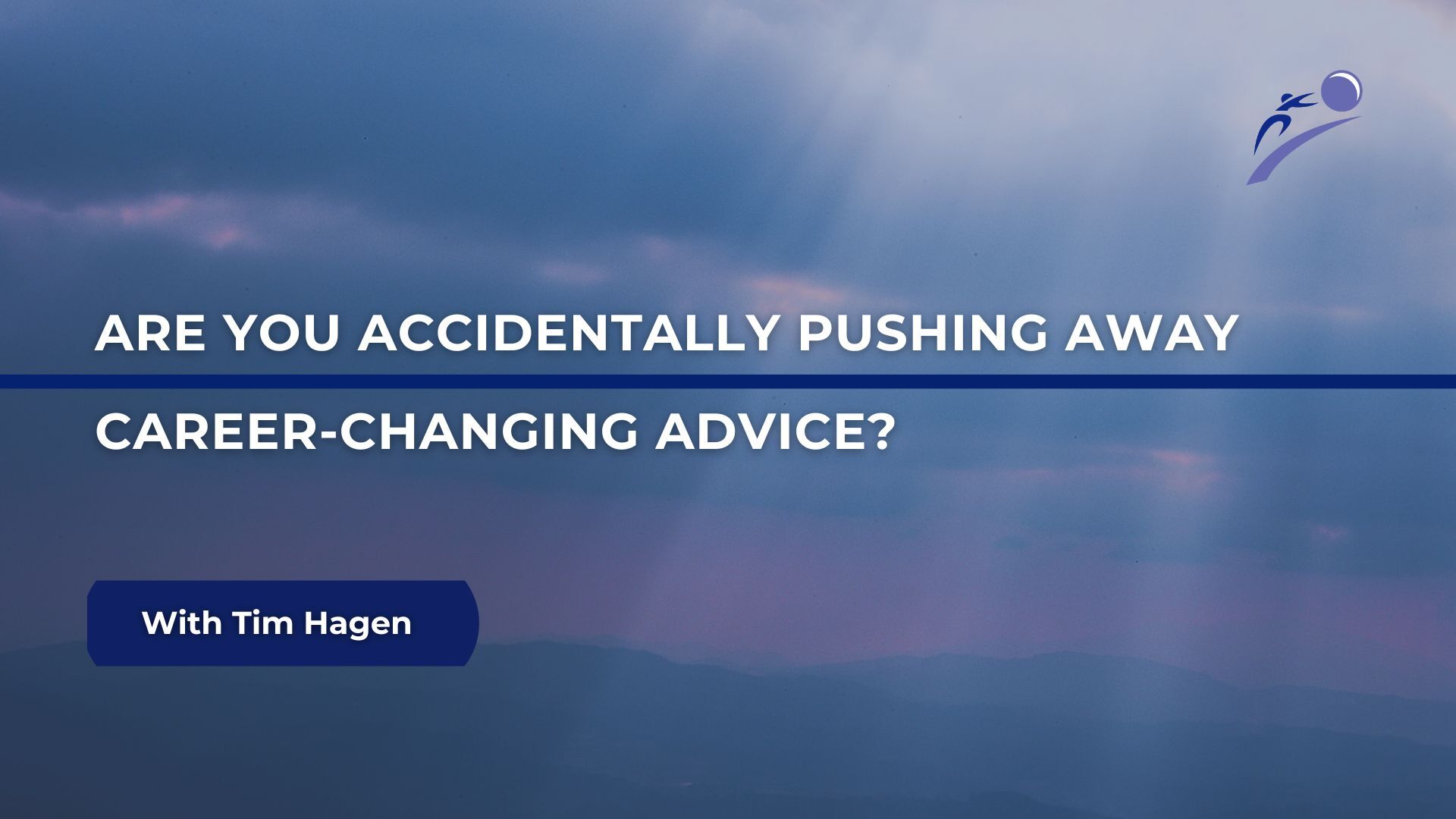
Throughout my daily life, I try to illustrate connections between great customer service and coaching. It's apparent when a company truly embraces what it means to have a great culture when you experience it consistently across an organization. I welcome the millennial stereotype of brand loyalty when it comes to working with or spending money with companies that move beyond simply "talking the talk" and wholeheartedly take on the "walking the walk" piece. It's easy today to fall into a trap of simply believing a company's promise, whether it's a proclamation that their green initiatives go above and beyond their competition, or that their attention to detail and lack of frivolity is why you should purchase their product. The way I sort through this over-saturation of abundant promises is through speaking with a customer service representative.
As someone who worked the front-lines in customer service, I may have a bit of a soft spot for these employees. It's often a job or career that gets overlooked when it comes to professional development opportunities, upward mobility, and, most importantly, coaching. When we’re speaking with a company, who are the first people we contact? We’re not picking up the phone and chewing the CEO’s ear off, we’re not even directly connected to anyone in higher management. It’s the customer service pawns that are responsible for fielding consumer calls, and most importantly, being a consistent brand ambassador for the company. It was during my most recent call with a company that solidified the importance of coaching and its influence on great customer service.
If there’s one organization that instantly comes to mind when it comes to great customer service, it’s Disney. They’re ubiquitous in the training and hospitality industries, and for good reason. They’ve taken hiring, training, and professional development practices and transformed them into a instantly recognizable brand worldwide. The Disney Institute trains thousands of people from various backgrounds in their exceptional service. How do they do this so well, and how do they ensure they commit to this brand even in the lower levels of pay in their company? In my estimation, it’s through a commitment to coaching.
My not-so-magical, and even downright “villainous” worthy situation that led to my call with a Disney customer service representative was a family emergency. Our family had an upcoming vacation to one of their parks, and had to alter our plans due to this medical scare. Our emotions were running rampant, any touchy subject was heightened, and the last thing we wanted to do was spend time on the phone, undoubtedly on hold, to maybe not even get any money back. Were we expecting the world to come to a halt and service our needs completely? No. Were we even expecting a full refund? Absolutely not. I do know that some of these worries were quelled when I spoke with the representatives.
When we think of Disney as a brand, we illustrate some immediate associations. Their representatives are kind without being superfluous, efficient without being callous, and consistently represent the brand that Disney has so effectively cast worldwide. My phone call with both representatives at Disney was no exception. I’m sure you’re wondering where I will tie in the connection to coaching, I promise I’m getting there. As someone who used to work in a call center environment, and has worked with a myriad of supervisors, they fall into two distinct categories- those who are and aren’t willing to coach. I also have the frame of reference to understand the purpose of hold time and the implications associated with it. Are there people who take advantage of excessive hold times? Sure, but there’s consequences with that. How about people who hold because they don’t know the answers? Absolutely! Here’s where coaching comes in. I know for a fact that coaching occurred during this call for two reasons. First, the employee who I initially spoke with was timid and a bit nervous about this call- as I would be if I was the one fielding the call. However, her demeanor and approach still was consistent, and even a bit more so, with the brand they call the Disney touch. I also know coaching occurred because the manager was on the line with her in a side-by-side (where they plug in to the call to assist when needed). The manager did not take over the call, but simply provided some additional information when needed, and consistently referred back to the employee that I initially spoke with. This was a subtle but noticeable difference to some calls I have had where a manager completely takes over.
You may be thinking, “Well, a manager simply plugging into a call isn’t coaching, right?” This is where I’d like to offer the alternative scenario. Let’s say the manager said to figure it out on her own. The employee may have been able to handle it, but I may have received inaccurate information, I may have been disgruntled by the end of the call, and, as in typical fashion in recent years, I may have ended the call thinking, “Just another typical money hungry corporation.” Don’t get me wrong- Disney is a money hungry corporation, but what sets them apart is their commitment to developing all teams in all realms within their company. An employee is only as good as the support they receive. Employees in call centers, restaurants, law firms- they work as teams, which rely heavily on managers being open to embracing coaching as opposed to reprimanding or dictating. At the end of the day, coaching allows the employee to truly embrace development opportunities, and this call was no exception. Hopefully this call was something that will stick with this employee, just like a call similar to this one did for me when I worked at a call center. Thank you, again, to this employee who took a not-so-magical experience for sprinkling even a little bit of pixie dust on it.






